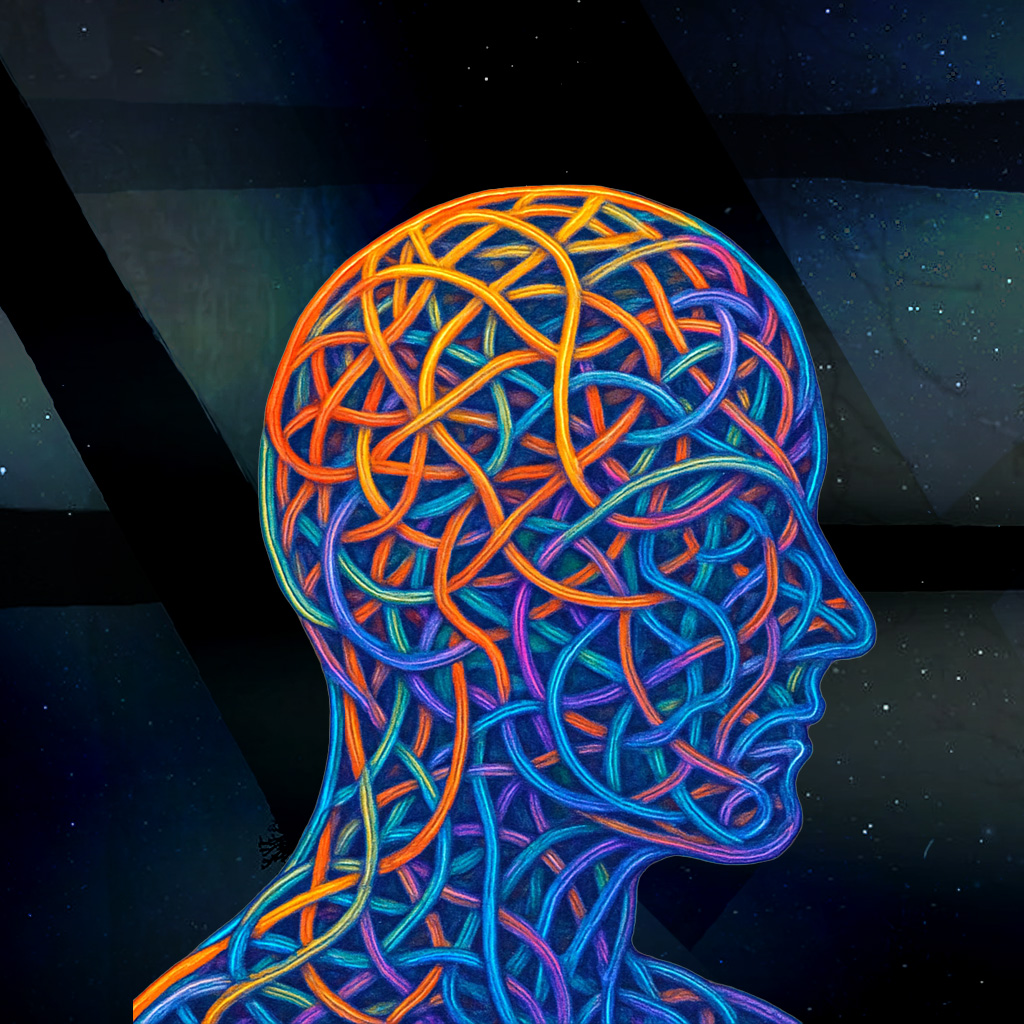
We asked Professor Doug Powers for his thoughts on the recent election and the psychology of American politics. How can we bridge the divide in the US today?
As human beings our natural tendency is to look outside ourselves when we look at the problems we’ve encountered with the election. When we look at things we find to be repugnant to what’s good for society, is there a Buddhist approach that allows us to focus on our own part within this?
How can we connect with people that want to deny other people their right to occupy the human space?
Doug: Well, of course, you’re basically asking the question, “How does a bodhisattva develop?”
A bodhisattva is totally engaged in the conditional, totally engaged in all sentience, within the context of the reality of each sentience – the bodhisattva by the time they get to a certain stage has lost the need to be in their own identity. The other sentience’s existence as they experience it IS the awareness of the bodhisattva – they take on that awareness as their own identity, with no attachment and no self, and engage that sentience from within their own experience.
So there’s a total transformation. But the one difference is, because of the vows they took and the development of compassion and the development of all these skills, the bodhisattva is able to bring a deep sense of caring to each sentience – no matter what the actual nature or character of that sentience is. There’s no judgement at all.
From the point of view of social justice, Guan Yin Bodhisattva is totally unfair, because Guan Yin is there attending to every sentience with loving kindness, compassion, sympathetic joy, and equanimity, universally to every consciousness at every moment of every experience, toward the goal of having that person truly have less suffering and be able to attain a greater sense of bliss.
So, just think of yourself in that way with every person – that you’re willing to engage each sentience, totally sympathize with their experience.
I would hypothesize that if you’re actually able to engage other sentient beings in that way, you’ll have better odds of having a true impact through them feeling better about themselves, and to impact the resentment, anger, and all these other elements that are at the base of the things we’re talking about.
This might be the only way that we can actually transform other beings, in the sense of having them in turn be more generous and give more space to other people’s existence. The only way to help people open up and give more space to others is for them to feel okay in themselves in a way that then allows them to not have to be so defensive. You’re not going to do much by pointing out that the other person is not being just or is not opening up space for other people. That isn’t going to work because the person’s going to immediately turn defensive about that characterization. And it doesn’t do anything for the person’s own sense of lacking, loss, and so forth that is the basis of their whole sense of not having enough room for any kind of larger generosity.
If you want to have society change, you have to engage the pain in people so that they feel whole enough in their hearts, full enough in themselves, and comfortable enough in themselves that they can afford generosity, that they can afford to make space for other people.
If their hearts aren’t mended in their sense of their own selves, then they have no space for generosity in their own process. I don’t think there’s any other way to do it without conflict – without just getting back into the same clash.


